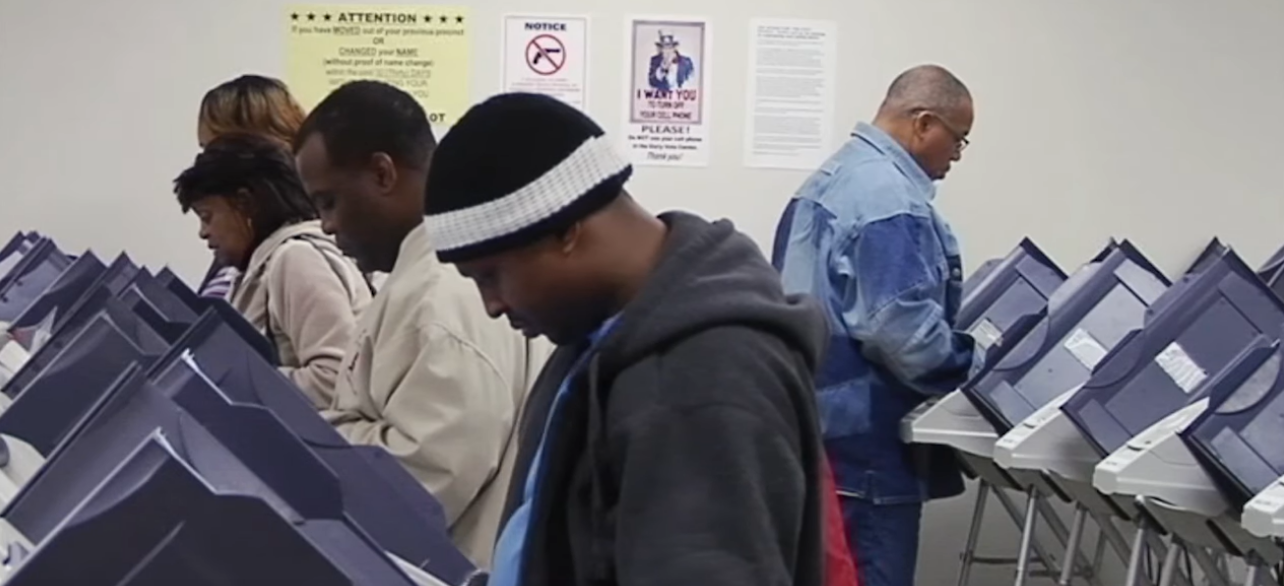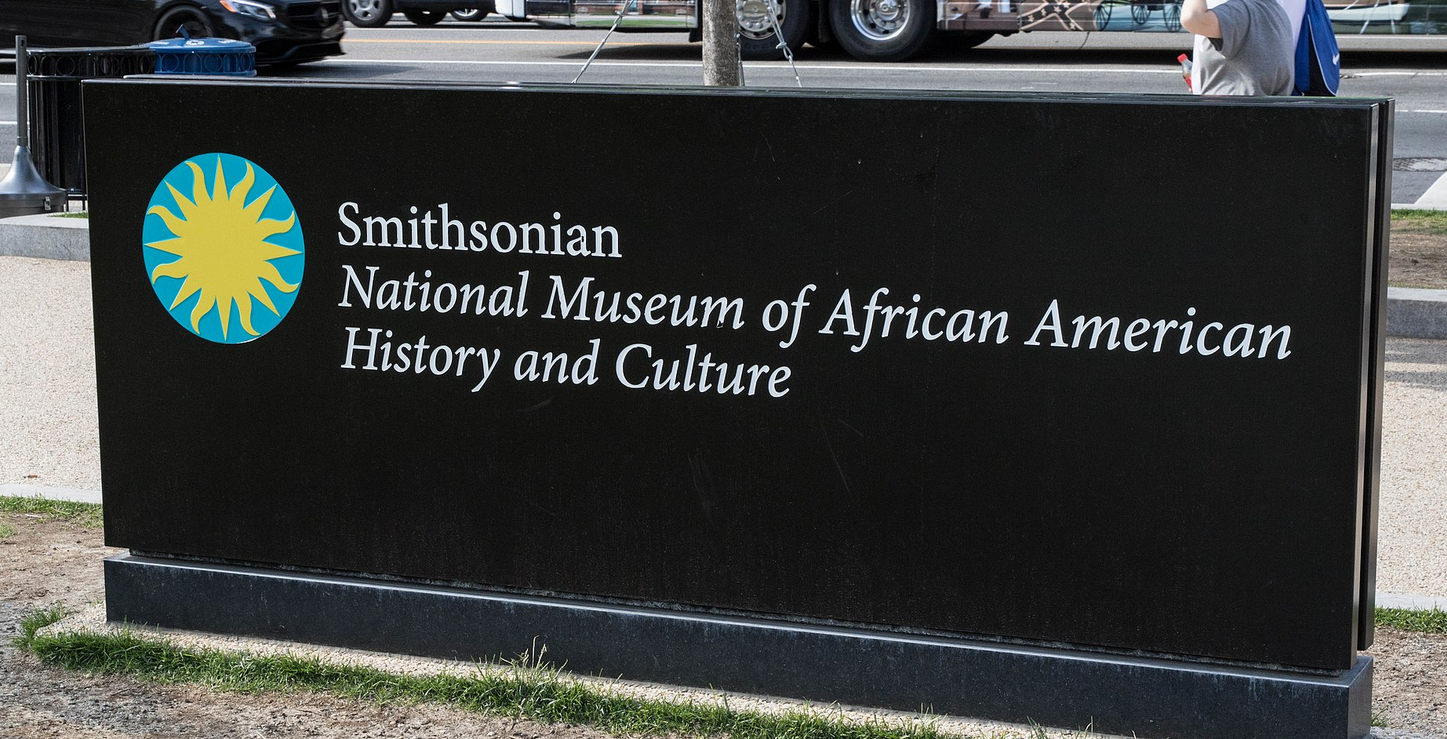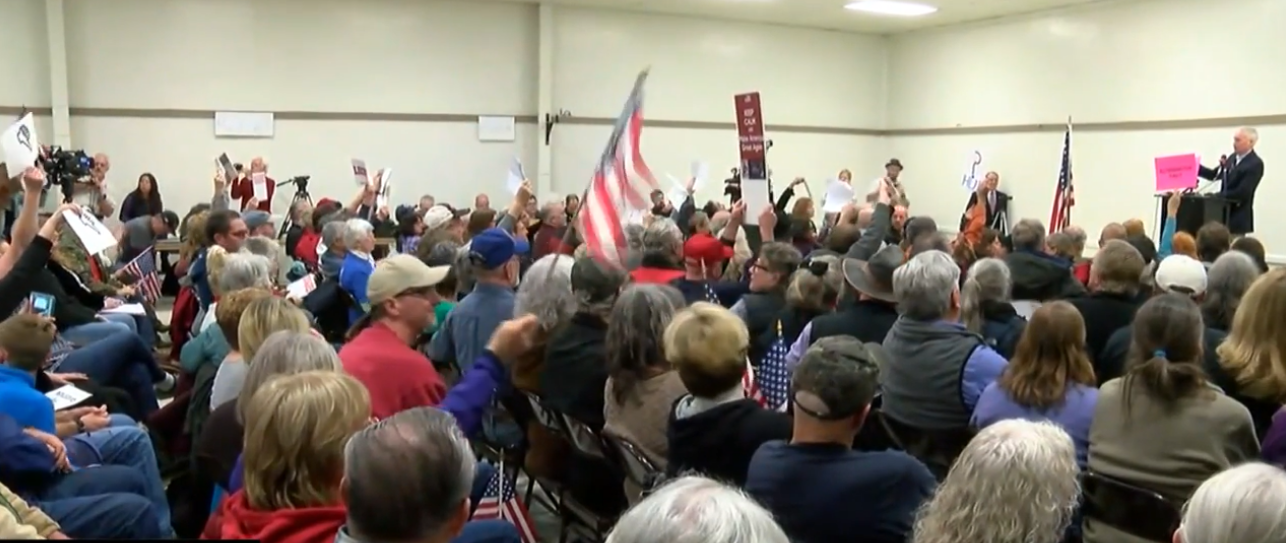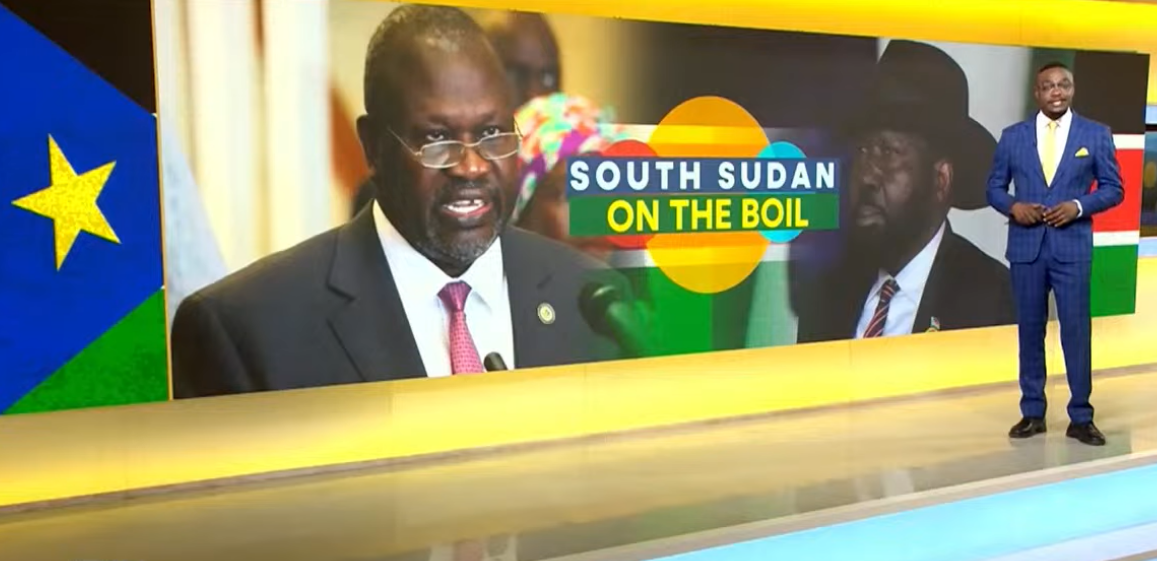George Washington was born on February 22, 1732, so his actual birthday will be next Tuesday, but the federal holiday will be on Monday, February 21st. It became popularly known as Presidents’ Day after it was moved to the third Monday of February as part of 1971’s Uniform Monday Holiday Act, an attempt to create more three-day weekends for the nation’s workers.
“Presidents’ Day is now popularly viewed as a day to commemorate both Washington and Abraham Lincoln, who was born on February 12, 1809, but Black Agenda Report Executive Editor Margaret Kimberley says in her recent book “Prejudential: Black America and the Presidents,” that there’s nothing to celebrate. Kimberley writes, for example, that George Washington surreptitiously broke the law to hold onto his slaves:
“The first capital of the United States was New York City, where Washington was sworn into office in 1789. The Residence Act passed in 1790 mandated that the capital be temporarily moved to Philadelphia for a period of ten years before being permanently established along the Potomac River by 1800.
“From the start northern politicians were held hostage by the southern plantation economy. Southerners insisted that the capital be located in a place that was decidedly dependent on the planter economy. The creation of a new capital city was an enormous victory for the slaveholding class. Their peculiar institution was granted physical protection and the imprimatur of a government built to ensure its survival. A central political principle in the early days of this country was the maintenance and protection of the slavery system. However, anyone who believes in American superiority is expected to omit or at least downplay this fact to maintain the illusion of democracy and beneficence.
“Even the ten years of governance in Philadelphia proved to be problematic. A 1780 Pennsylvania law guaranteed enslaved people the right to seek their freedom if they remained in the state for more than six months. This could have put Washington in a bind, but he had a solution: He rotated his human property for six-month intervals between Pennsylvania and Virginia. He did this in flagrant violation of a 1788 amendment to this law, which prohibited such actions. In 1791, Washington started by rotating nine people, including a dower slave named Ona Maria “Oney” Judge. In a letter to his secretary, Tobias Lear, Washington mused on the slaves’ potential access to freedom:
“‘At any rate it might, if they conceived they had a right to it, make them insolent in a State of Slavery. As all except Hercules and Paris are dower negroes, it behooves me to prevent the emancipation of them, otherwise I shall not only loose [sic] the use of them, but may have them to pay for. If upon taking good advice it is found expedient to send them back to Virginia, I wish to have it accomplished under pretext that may deceive both them and the Public.’“
When Washington said that losing his dower slaves to freedom in Pennsylvania might also mean that he would have to pay for them, he meant that he might have to pay his wife’s estate because, as dower slaves, they were ultimately her estate’s property.
Kimberley recounts how Ona Maria Judge escaped and found shelter with other freed slaves in Philadelphia until she had been resident in Pennsylvania for six months, and how the Washingtons tried incessantly to get her back. “With more than three hundred human beings among their collective property,” writes Kimberley, “the escape of even one might put the entire enterprise on shaky ground.”
Margaret Kimberley’s book, “Prejudential: Black America and the Presidents,” is published by Steerforth Press. It is for sale in three formats online and available in libraries.
Margaret Kimberley’ is the Executive Editor of Black Agenda Report and the author of Prejudential: Black America and the Presidents. Her work can also be found at patreon.com/margaretkimberley and on Twitter @freedomrideblog. Ms. Kimberley can be reached via email at Margaret.Kimberley(at)BlackAgendaReport.com.
Ann Garrison is a Black Agenda Report Contributing Editor based in the San Francisco Bay Area. In 2014, she received the Victoire Ingabire Umuhoza Democracy and Peace Prize for her reporting on conflict in the African Great Lakes Region. She can be reached on Twitter @AnnGarrison and at ann(at)anngarrison(dot)com.







